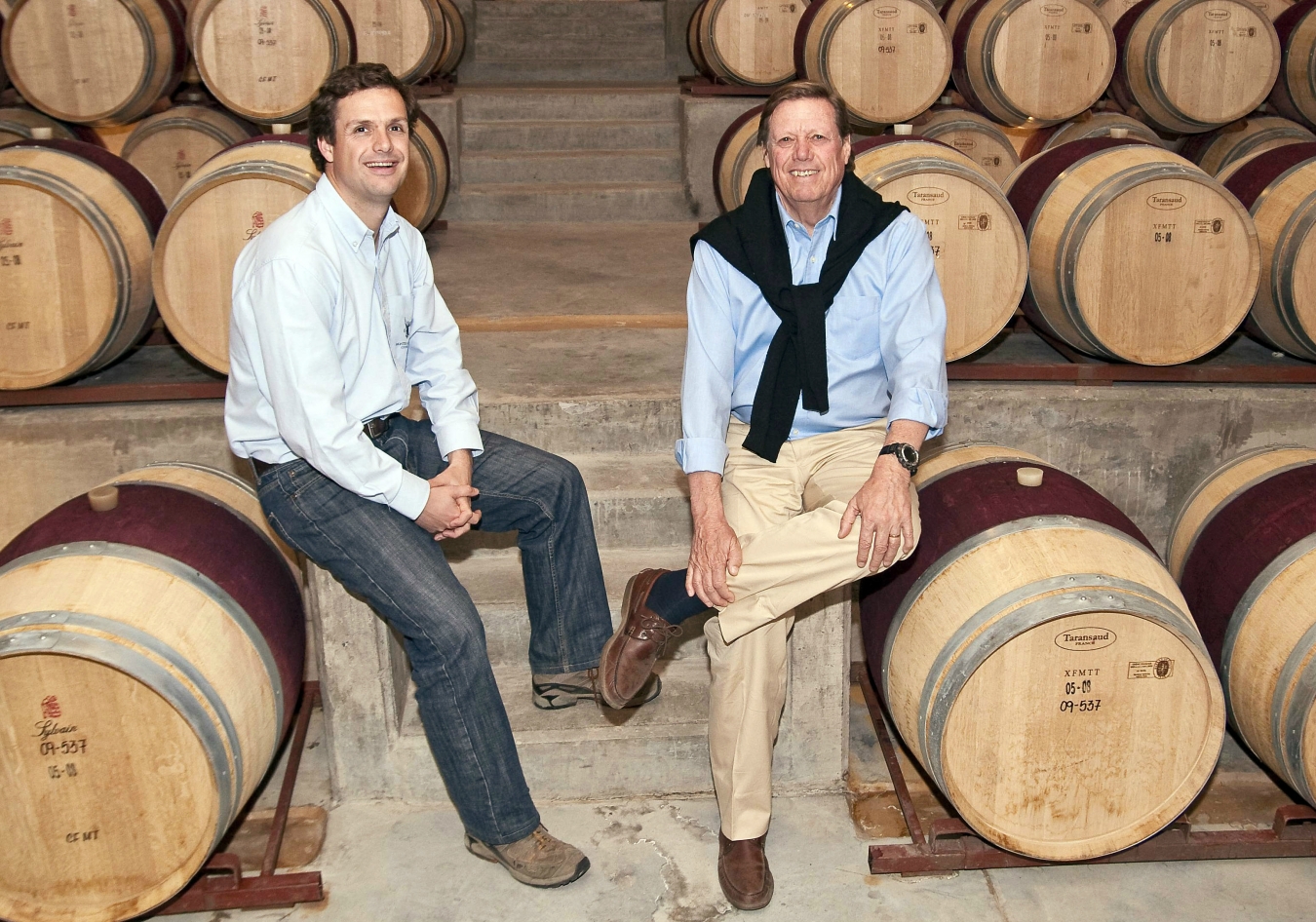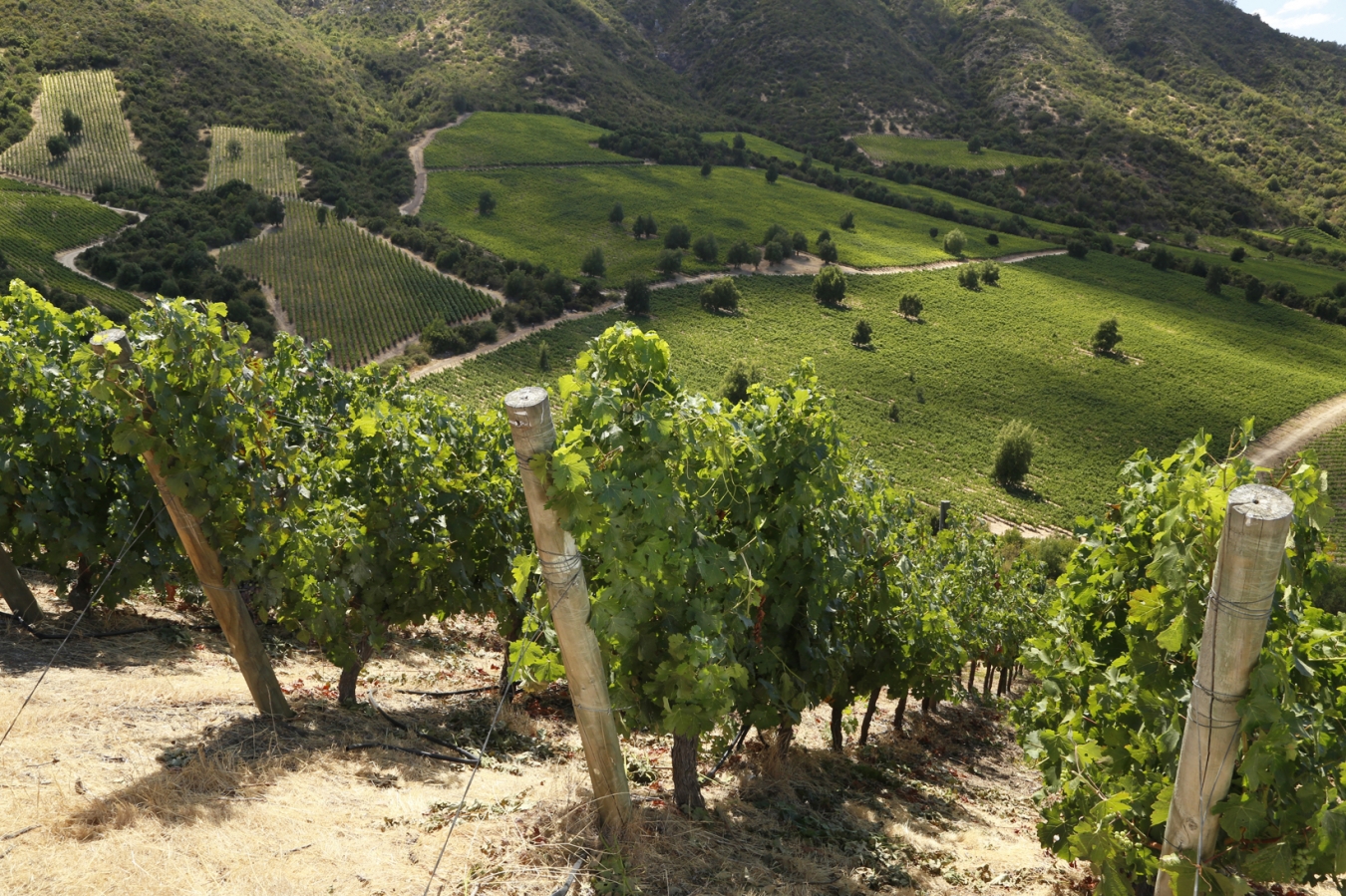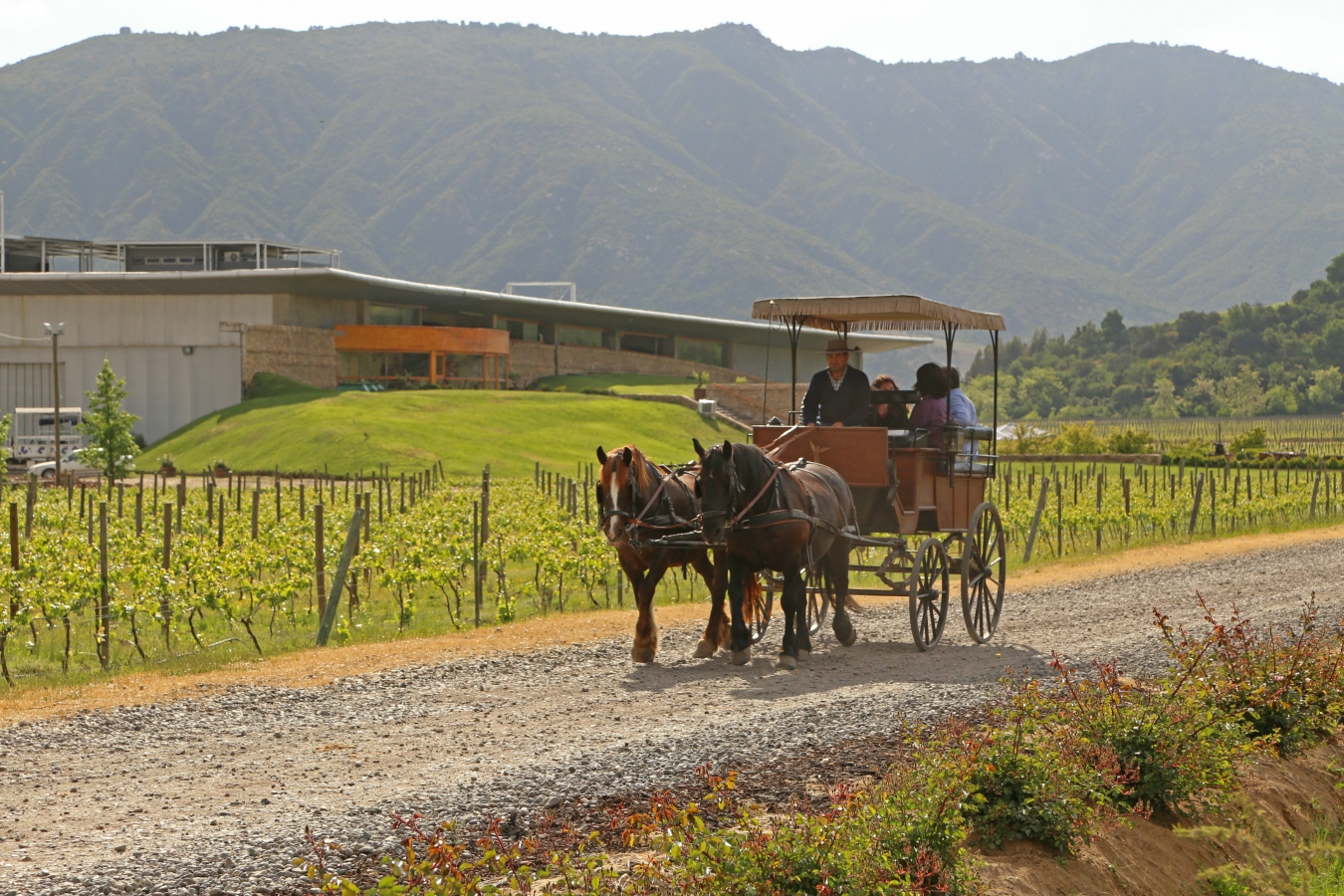Aurelio Montes Jr. is positively brimming with excitement, talking about the brand new, years-in-the-making Montes Alpha dry farming project. It is something he and his iconic father discussed and then implemented, well ahead of any discernible curve. “Why wait until it’s too late to do something?” he asks rhetorically. But then, such a program requires not just planning, but a gradual implementation programme: “We have been learning a lot, going step by step. You have to train the vines, not just cut them off from water, which would send them into shock.”
It is a fully sustainable program, but there are some tough realities involved. Production per vine is cut basically in half; “Maybe we’ve decreased the number of bottles, but we’ve increased the quality,” says Aurelio. That is quite a commitment to long-term sustainability, in anticipation of such things as global warming having a readily apparent effect.
Then there is the matter of different varieties having different responses to dry farming: “Cab sauvignon is ready for the war, it’s prepared for any conditions, it seems.” But, says Aurelio, “Syrah you have to be really soft with; it’s a more challenging grape. Big leaves, big vines, more sensitive to the changes.” The company also must take into account the wide range of soil types they have as vineyards, and how different grapes react to the soils. It is a steady learning curve, developing now over decades: “For cabernet sauvignon, when the grape is ready, you should have harvested one week earlier; with carmènere, when the grape is ready, wait two more weeks,” he says, and then smiles. “And syrah, well, we take it harvest by harvest.” Aurelio clearly enjoys his role in the company, and looks forward to many more days of sharing his wines: “Travel is the only way to smell the world; I get so inspired, I learn so much.” And he does not at all mind sharing what he is learning.












